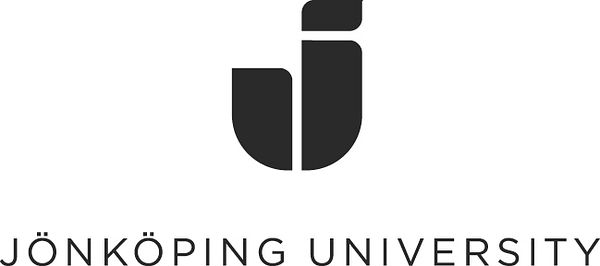Press release -
Entrepreneurship an important accelerator for integration
Entrepreneurship and self-employment is an alternative way for immigrants to integrate into the Swedish society. In a new PhD thesis from Jönköping International Business School, Jönköping University, Quang Evansluong examines how immigrants create entrepreneurial opportunities.
“Entrepreneurship accelerates the integration process. Simultaneously, integration influences the entrepreneur’s business concept.”
It is common for immigrants to start businesses in their new homeland. However, little is known about how these entrepreneurial opportunities are created and how the businesses develop over time. In his PhD thesis Opportunity creation as a mixed embedding process: A study of immigrant entrepreneurs in Sweden, Quang Evansluong examines how immigrant entrepreneurs create entrepreneurial opportunities through embedding processes in the home and the host country.
“Throughout the opportunity creation process, immigrant entrepreneurs interact with different actors in the host country – and gradually move from being socially excluded to socially included, which illustrates a local integration process”, explains Quang Evansluong. “In this process, immigrant entrepreneurs become localized through different activities that embed them in the local context. The process of entrepreneurial idea and business concept development, and the refinement of the business concept, help creating trust in the local people and acculturating a sense of belonging. During the process, immigrants are also being re-integrated to the home country through maintaining and establishing new links to the home country.”
Needless to say, the increased migration in Sweden and Europe contributes to the great interest in Quang Evansluong’s dissertation. And he definitely sees opportunities to implement his thesis results into practice. Among other things, he is involved in the local integration project ”Integrate Jönköping” led by Mariana Morosanu.
The thesis presents a number of suggestions on how entrepreneurship can be used as part of the integration process and how to support immigrant entrepreneurs:
“The design of the business support programs can aim to help immigrant entrepreneurs to create credibility through contacts and experiences that they establish and gain in the local community. They can create familiarity to the local community through associating business with well-known values, engage in the local life to understand customers’ mindsets and master the local language to understand local customers’ needs.”
Integration programs can also aim to undertake activities that help immigrants increase the interaction between the local people and themselves.
“This type of interaction could be increased by organizing meetings and activities in which immigrants are introduced to different local sports clubs and hobby clubs. An approach in which the host country’s language is practiced and mastered anywhere and anytime should be adopted in the integration programs.”
Quang Evansluong successfully defended his thesis at Jönköping International Business School, Jönköping University, on Friday 7 October. He is available for interviews until 14 October. He then continues his work at the University of the West of England as an assistant professor in Enterprise Management. Quang Evansluong can be reached by phone 070-7586749 (Please note, only while in Sweden) and 0044 7984677013 (UK).
Related links
Topics
- Business enterprise, General
Categories
- jönköping international business school
Jönköping University Foundation is one of three independent institutions of higher education in Sweden offering postgraduate programmes. It is characterised by focused profiles, internationalisation, an entrepreneurial spirit and collaboration with surrounding society. Research and education are carried out at four schools: Jönköping International Business School, School of Education and Communication, School of Engineering and School of Health and Welfare. Jönköping University has some 10,000 registered students, 725 employees and a turnover of approximately SEK 800 million.
